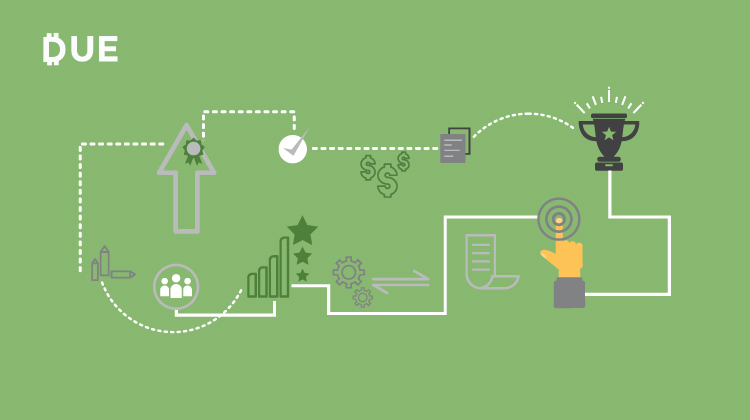Some entrepreneurs dread small business accounting, but they should praise their bookkeepers instead of complaining about the process. Small business accounting goes beyond tracking transactions and preparing taxes. Quality financial and managerial accounting help you make the right decisions, expand your business, and offer valuable insights to increase profitability. If you want to earn more in your business, follow along with this guide for three key goals of your small business accounting process.
Table of Contents
ToggleFile accurate taxes
One of the core reasons most businesses start with small business accounting is the requirement to file quarterly or annual taxes. This is a benefit of small business accounting you should not overlook! Taxes are required by law, and incomplete or inaccurate taxes can lead to audits, penalties, interest, and other tax problems most business owners would rather avoid.
Yes, one aspect of business accounting is looking for opportunities to add deductions and lower your overall tax bill. But at the end of the day, your taxes need to be accurate and complete. If you have good accounting year-round, tax prep is a piece of cake! All you have to do is print off your profit and loss statement and balance sheet and fill in a few forms. If you don’t have proper small business accounting throughout the year, you will run into expensive and time-consuming tax preparation every April.
Understand where your money comes from
Outside of tax season, your accounting records give you the most important reports to help you understand your revenue. Many entrepreneurs are distracted by what they want to work in their business rather than focus on what is actually working. To know what is actually working, you need detailed accounting records.
When I quit my job in 2016, I earned most of my income from a mix of freelance website development and freelance writing. One day, I took a hard look at my books and saw a clear 80/20 opportunity where I was making far more from writing than web work. I quit my website support business and my income tripled over the next three months to over $10,000 per month! I’ve never looked back. But that wouldn’t have happened without great financial records.
Learn where your money is going
Just as you need to know where your money is coming from, you need to know where it is going. You might be surprised when you break down things like payment fees, employee costs, and other operating expenses. If you don’t know where your money is going, you won’t know how to optimize and cut costs. Keeping costs under control is critical in any small business.
As a freelancer, I can keep my costs very low. Outside of my personal payroll costs, I generally spend less than $2,000 per month on all expenses in a five-figure monthly business. I keep a laser focus on things like web hosting, online software subscriptions, outsourcing costs, and every other dollar I spend on my business.
By learning where I spend most, I can find alternatives and areas to cut costs. When I match up expenses with income categories, I can get a product level profitability report that helps me improve margins and grow my bottom line to new heights.
Accounting insights improve your business
Business owners who ignore their accounting and bookkeeping do so at their peril. Clear insights into your business finances (and personal finances) is vital for long-term success. If you don’t keep good records, it is like driving a car in the dark with no headlights. You can guess what’s around the next curve, but avoiding danger may be impossible.
Run your business with your eyes wide open to the good and bad of your finances. To do that, you need high-quality bookkeeping and accounting. No ifs, ands, or buts about it.
















